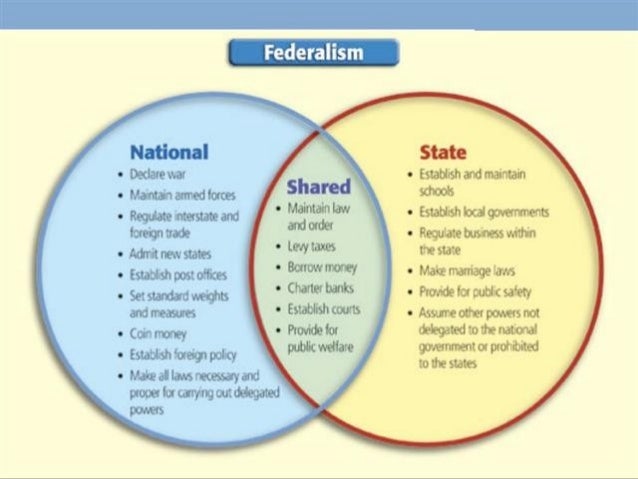A definition for federalism
What is the balance of power between national and local governments?
The definition for "linkage institution."
What is "it connects the people to the government"?
Article 1 of the Constitution's subject matter.
What is the legislative branch of government?
At least three amendments that increased suffrage.
What are:
19th
26th
23rd
24th
15th
The court case and Chief Justice that established judicial review.
What is Marbury vs. Madison?
Who is Justice Chief Marshall?
Ways for the federal government to convince states to do what it wants in areas not under their jurisdiction.
What are grants?
An example of an interest group.
What is the (NRA, NAACP, AARP, etc.)?
The duty of the Executive branch.
What is execution of laws passed by the legislative branch?
An explanation of the due process clause.
What is no state shall take away an individual's rights without due process?
Two court cases that either expanded or limited federal power.
What is:
Marburry vs. Madison
McCulloch vs. Maryland
Gibbons vs. Ogden
US vs. Lopez
etc.The powers shared by the federal and state governments.
What are concurrent powers?
The three points of the Iron Triangle
What are Bureaucracy, Congress, Interest Groups?
The name for the first ten amendments that allowed the Constitution to be passed.
What are the Bill of Rights?
The two clauses of freedom of religion and what they mean.
What are the establishment and free exercise clauses?
Establishment clause: US cannot establish an official religion.
Free exercise: US cannot prohibit people from freely practicing their religion, except when it causes harm/infringes upon other people's rights.
The court case that overturned the precedent "separate but equal."
Brown vs. Board
An example of a reserved, an enumerated, and a concurrent power.

The two types of media and how they are different.
What are mass and social media?
Mass media is put out to everyone regardless of who they are, while social media is personalized for each person.
The reason it was so difficult to get the Constitution passed.
What are the Anti-Federalists being afraid of a strong central government reverting them back to a monarchy?
At least 3 examples of a court case, amendment, or law that increased Civil Rights
What are:
Amendments 15, 19, 23, 24, 26
Voting Rights Act of 1965
Civil Rights Act of 1964
Obergefeld vs. Hodges
Loving vs. Virginia
Brown vs. Board
etc.
The court case with the precedent that free speech does not protect anything that presents a "clear and present danger."
Schenck vs. US
The reason we have a federalist government in the first place.
What is, the founders trying to please both those who wanted a strong federal government and those who wanted strong state governments as well as trying to avoid any possibility of going back to a monarchy?
The four Linkage Institutions and how they connect people to the government.
What are
Political parties: they provide people with a "brand" to associate with and provide opportunities to participate in government.
Interest Groups: they provide people with an opportunity to influence legislation and policy in favor of their interest.
Media: it shows the people what their candidates, parties, and government is doing.
Elections/Campaigns: they allow people to learn about each candidate's platform and to elect candidates into positions.
The concept of balancing power between the three branches of government.
What are checks and balances?
The difference between Civil Rights and Civil Liberties and which clauses of the 14th amendment they are associated with.
What is:
Civil Rights has to do with WHO is being denied the right and is associated with the equal protection clause.
Civil Liberties has to do with WHAT right is being denied and is associated with the due process clause.
The process a court case must go through to reach the Supreme Court.
What is...
District court
Appellate court
Writ of Cert/Rule of Four